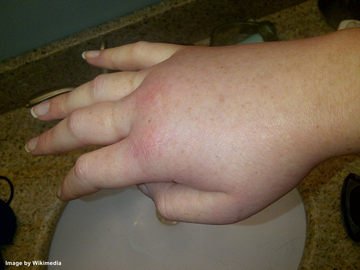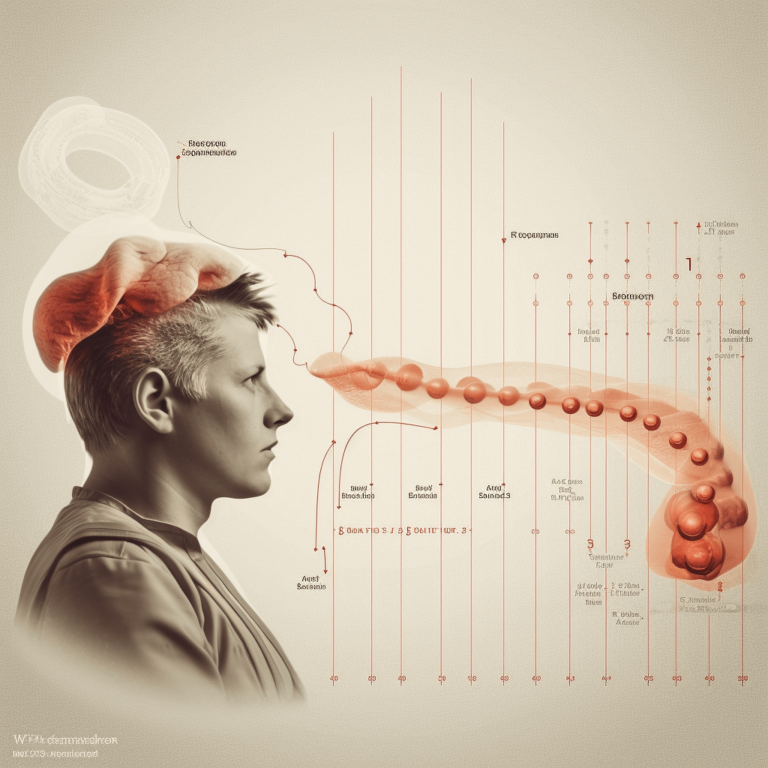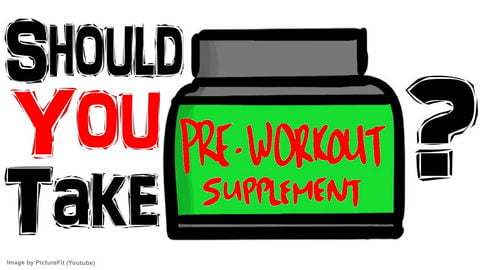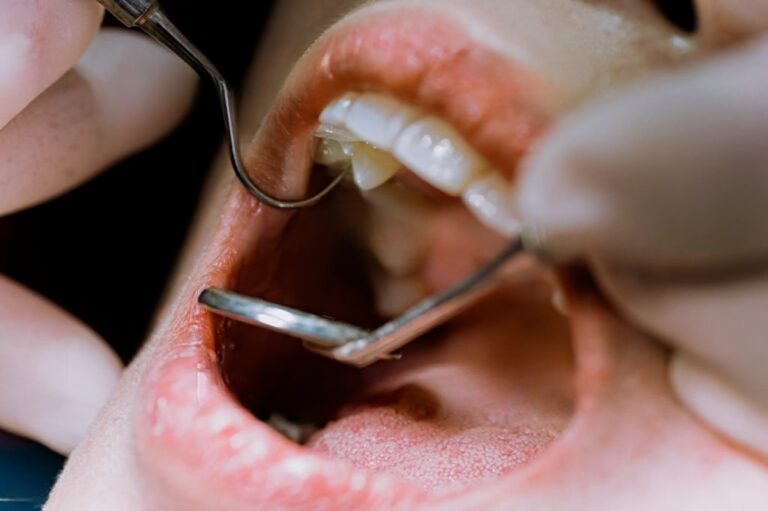A QUICK GLANCE…
The duration of a blocked ear can vary depending on the underlying cause. In most cases, a blocked ear may last for a few hours to a few days. It can be caused by factors such as earwax buildup, sinus congestion, allergies, or an infection. In some instances, the blockage may resolve on its own, but if the symptoms persist or worsen, it is advisable to seek medical attention to determine the cause and receive appropriate treatment.
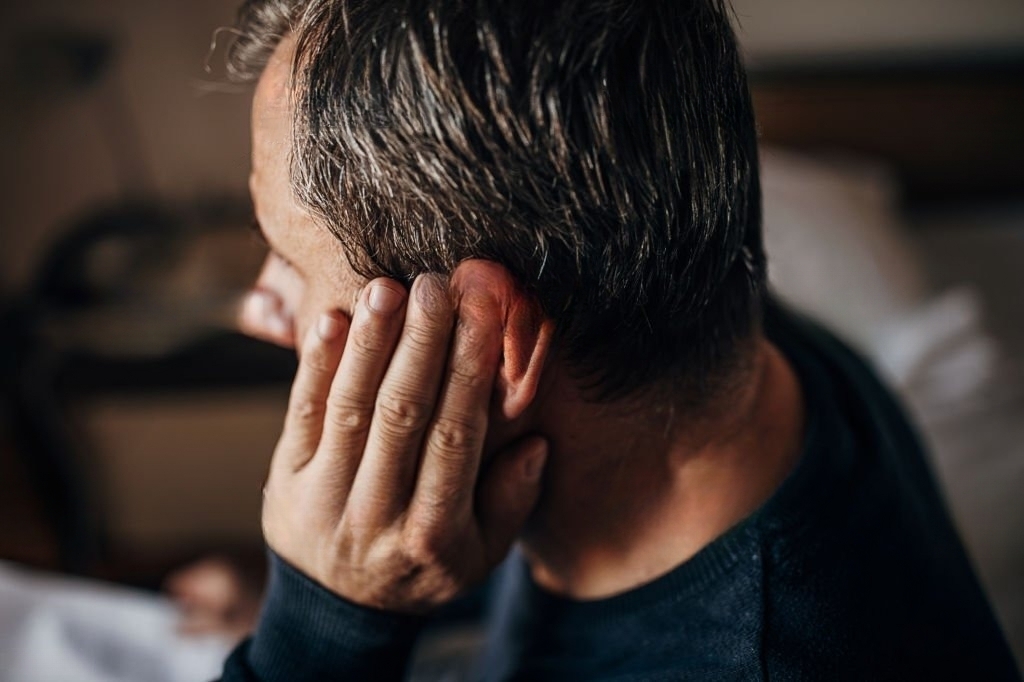
Have you ever experienced a feeling of fullness or pressure in your ear that just won’t go away? It’s not only uncomfortable but can also affect your hearing ability. This sensation is commonly referred to as a blocked ear, and it can be caused by various factors.
But the burning question on your mind is probably, ‘how long does a blocked ear last?’ The duration of a blocked ear can vary depending on the underlying cause. It can last for a few hours, days, or even weeks.
In this article, we will explore the common causes of a blocked ear, including earwax buildup and infections, and how long they typically last. We will also discuss the factors that can affect the duration of a blocked ear and the various treatment options available to help alleviate this discomfort.
Common Causes of a Blocked Ear
One of the most frequent reasons for an ear becoming obstructed is due to a build-up of earwax, which can be exacerbated by improper cleaning techniques or the use of cotton swabs.
Earwax, also known as cerumen, is a natural substance that helps to protect and lubricate the ear canal. However, when too much earwax accumulates, it can cause a blockage, resulting in hearing loss, discomfort, and even dizziness.
There are several ways to remove excess earwax at home. One popular method is to use warm water and a bulb syringe to gently flush out the ear canal. Another option is to use over-the-counter ear drops, which can help to soften and dissolve the wax. However, it’s important to note that some home remedies, such as using ear candles or inserting foreign objects into the ear, can be dangerous and should be avoided.
If home remedies aren’t effective, it may be necessary to seek medical attention. A doctor or audiologist can perform a thorough evaluation of the ear and recommend the appropriate treatment, which may include earwax removal using specialized tools or procedures.
It’s important to address a blocked ear promptly to avoid further complications and ensure a speedy recovery.
Understanding Earwax Buildup
You might be feeling frustrated and uncomfortable due to excess earwax buildup, which can impede your hearing ability and cause discomfort. Earwax is a natural substance that protects your ear canal from dust, dirt, and other harmful particles. However, when there is too much earwax, it can cause a blockage, leading to discomfort and hearing problems.
Earwax removal is essential to prevent such issues. There are several ear cleaning techniques that you can use to remove excess earwax buildup. One of the most common methods is using an earwax removal kit that consists of a softening solution and a bulb syringe. The solution helps to soften the earwax, making it easier to remove with the syringe. You can also use warm water to flush out the earwax. However, it is essential to be gentle when using any of these techniques to avoid damaging your ear canal.
While earwax buildup is a common issue, it is essential to seek medical attention if you experience severe discomfort, hearing loss, or drainage from your ear. A doctor can examine your ear and determine the best treatment option for you. It is also advisable to avoid using cotton swabs or other sharp objects to remove earwax, as they can push the earwax deeper into the ear canal, causing more harm than good.
Regular ear cleaning and maintenance can help prevent earwax buildup and ensure that your ears are healthy.
The Role of Infections in Blocked Ears
If you’ve ever experienced ear discomfort accompanied by a fever, it’s possible that an infection is causing the blockage. Infections are a common cause of blocked ears, and they can occur due to a number of reasons, such as bacteria or viruses.
When an infection occurs in the ear canal, inflammation can cause the canal to narrow, leading to a blockage. Infections in the ear can cause a variety of symptoms, including pain, redness, and swelling. These symptoms can worsen over time, leading to a more severe blockage.
Treatment for an infection in the ear typically involves antibiotics or antiviral medications, depending on the cause of the infection. In some cases, ear drops may also be prescribed to help alleviate symptoms and reduce inflammation. It’s important to seek medical attention if you suspect that an infection is causing your blocked ear.
Left untreated, an infection can lead to further complications, such as hearing loss or damage to the ear. By seeking prompt treatment, you can help ensure that your symptoms are properly managed and that any underlying infection is successfully treated.
Factors that Affect Duration
No one wants to experience the frustration of dealing with a stubbornly persistent ear blockage, and understanding the factors that can influence the duration of this uncomfortable condition can help alleviate some of the stress and discomfort associated with it.
One of the most common causes of ear blockage is earwax buildup. When earwax accumulates in the ear canal, it can cause a blockage that can last for several days or even weeks. In some cases, the blockage may go away on its own, but in other cases, earwax removal may be necessary to resolve the issue.
Another factor that can influence the duration of a blocked ear is ear canal inflammation. When the ear canal becomes inflamed, it can cause a blockage that can last for several days. This inflammation can be caused by a variety of factors, including infection, allergies, and exposure to irritants. In some cases, over-the-counter ear drops or anti-inflammatory medications may be effective in reducing inflammation and alleviating the blockage.
Finally, the severity of the blockage can also play a role in how long it lasts. If the blockage is mild and only affects a small portion of the ear canal, it may go away on its own within a few days. However, if the blockage is severe and affects a large portion of the ear canal, it may take several days or even weeks to resolve. In some cases, medical intervention may be necessary to resolve the blockage and alleviate the associated discomfort.
Treatment Options for Blocked Ears
Imagine being able to hear clearly again with the help of some simple treatments that can alleviate the discomfort of a clogged ear.
One option is ear irrigation, which involves flushing out the ear canal with a solution to remove excess wax or debris. This can be done by a healthcare professional or at home with an over-the-counter ear irrigation kit. It’s important to follow the instructions carefully and avoid using this method if you have a perforated eardrum or a history of ear infections.
Another option for treating a blocked ear is over-the-counter remedies such as ear drops or nasal decongestants. Ear drops can help soften and loosen earwax, making it easier to remove. Nasal decongestants can reduce inflammation and swelling in the Eustachian tube, which connects the middle ear to the back of the throat. However, it’s important to use these remedies with caution as they can cause side effects such as irritation or allergic reactions.
If your blocked ear persists despite these treatments, it’s important to seek medical attention.
In some cases, a blocked ear may be a symptom of an underlying condition such as an ear infection or a sinus infection. Your healthcare provider can perform a physical examination and recommend further treatment options, such as prescription ear drops or antibiotics.
With proper care and treatment, a blocked ear can usually be resolved within a few days to a week.
Conclusion
Overall, a blocked ear can be frustrating and uncomfortable, but it’s usually a temporary problem with a range of treatment options available.
The duration of a blocked ear can vary depending on the cause, but most cases will resolve within a few days or weeks.
However, it’s important to seek medical attention if the blockage persists or is accompanied by pain, fever, or other concerning symptoms.
In conclusion, taking steps to prevent earwax buildup and practicing good ear hygiene can help reduce the risk of a blocked ear.
If a blockage does occur, there are several treatment options available to alleviate symptoms and promote healing.
By staying informed and seeking medical advice when necessary, we can ensure optimal ear health and prevent long-term complications.
